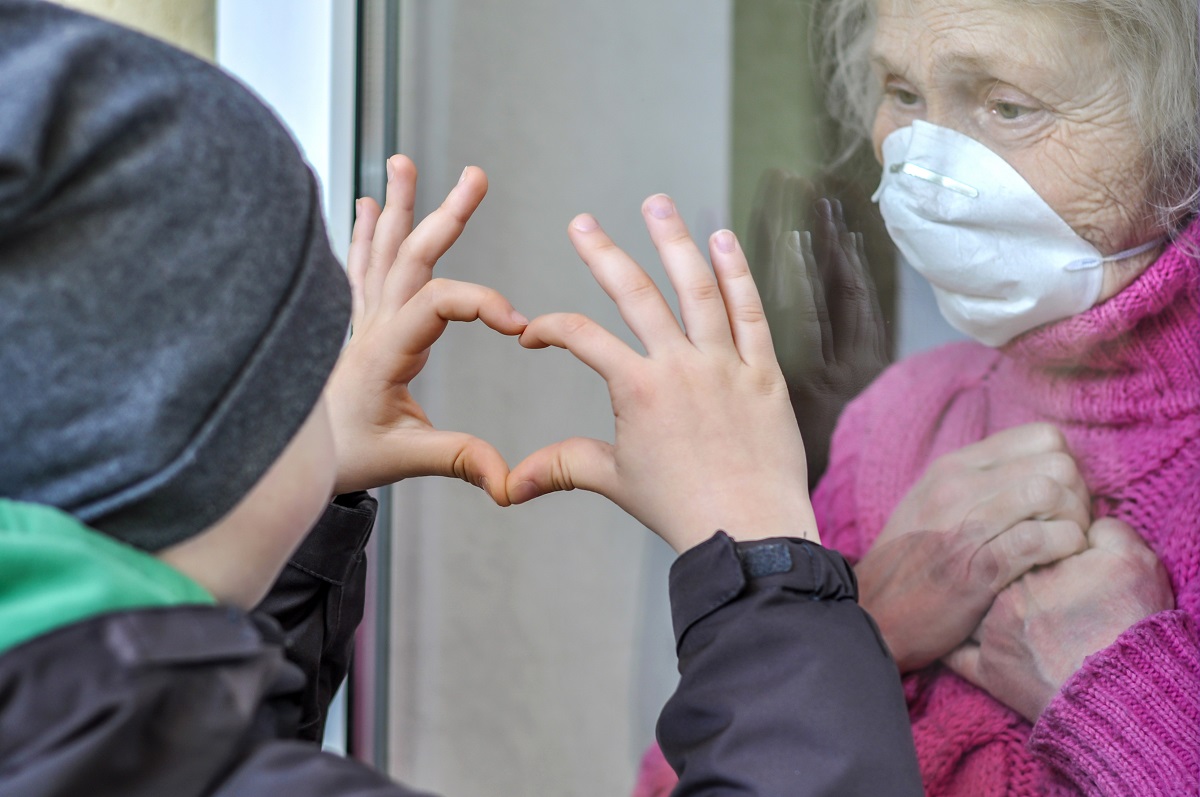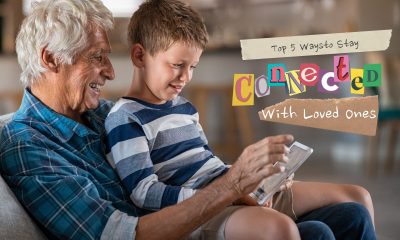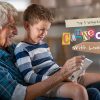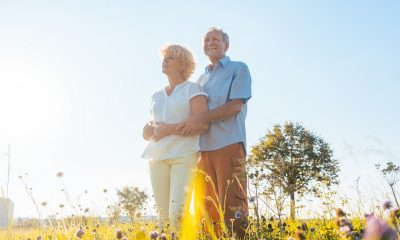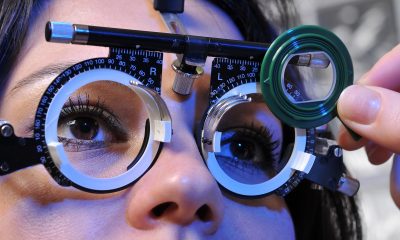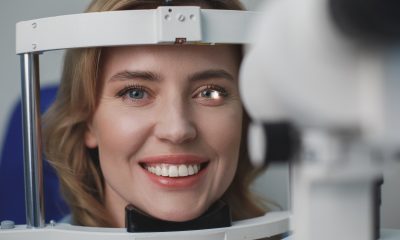Health
Is It Safe To Visit Elderly Loved Ones At Pallative Care Facilities in Los Angeles?
Although there are clusters of COVID-19 cases across the country, healthcare workers at palliative care facilities in Los Angeles are aware that many states are trying to get back to normal by reopening and easing up on stay-at-home orders. Particularly now, with the summer here, more people are vacationing or at least planning to travel.
Unfortunately, senior citizens who contract the coronavirus still have a higher risk of developing fatal complications, and it’s highly likely people can carry and transmit the virus even though they’re feeling fine.
The National Academies of Science, Engineering, and Medicine have reported that before the pandemic, about 24% of adults who are 65 or older and live independently were already enduring isolation and loneliness.
Many hospice carers in Los Angeles say there is already a critical situation regarding loneliness, but the pandemic has escalated it.
Many of us want to be there for our aging parents and grandparents, whether they live independently or in palliative care facilities in Los Angeles, but is it safe to see them? At the moment, the government has not come out with an official guideline that the hospice in Pasadena can rely on to keep elderly patients safe when loved ones come to visit them. The main concern for palliative care facilities is to reduce the risk of exposing the elderly and vulnerable to the virus.
How Do I Minimize The Risk And Exposure To Loved Ones?
Before you head out to visit your loved one, you have to think about the age of the person you want to see and any prior as well as current health conditions. For instance, do they have diabetes or suffer from high blood pressure? These are factors you have to consider before you plan to visit loved ones. For more guidelines, the U.S. Centers for Disease Control and Prevention has a checklist of guidelines you can read through. However, it should be noted that we should try to limit the amount of contact we have with elders to keep them out of harm’s way.
There are various ways to minimize the ways the elderly people you love are exposed to the virus.
Go On Your Own
Leave small children at home since they won’t be able to hug their grandparents.
Wear Proper Protective Gear
Get kitted out in protective gear. You should at least wear a face mask. If you can, wear goggles or sunglasses since you can contract the virus if you touch them and then touch your eyes. Also, gloves are good as well, particularly if you are running errands for your loved ones and will be in contact with things such as groceries.
When you come for a visit to Los Angeles palliative care facilities, not only you should be wearing the proper personal protection equipment. Your older or vulnerable relative should wear a face mask during the visit to prevent each of you from inhaling infected droplets.
Carry Hand Sanitizer And Wash Your Hands If You Can
Protect yourself and others by making sure your hands are as clean as possible when you are outside the facility, and you can wash or sanitize your hands when you arrive to prevent spreading bacteria on surfaces in your vehicle or anywhere else.
No Physical Contact
Always remember to keep a six-foot distance between you and your loved one. Do not share foods or beverages, and try not to touch the same surfaces, such as books, games, phones, etc.
Keep Visits Short And To The Minimum
Some preliminary research suggests that it’s better to stay outside whenever possible. You are least likely to spread the virus if you are outside and stay at least six feet or more apart.
Try to make the visit quick. If you are communicating through a closed window, it doesn’t matter how long the visit is. However, if you are communicating face to face for long periods, you increase the risk of exposure to the person. A good cut-off time is 15 minutes since anything longer than that can encourage exposure.
Practice Social Distancing
Some elderly people do not believe that COVID-19 is actually a “real problem.” They might feel that practicing social distancing is unnecessary and maybe even a little silly. However, if you have someone in your life with this opinion, the best thing you can do is reiterate facts about the number of people affected by COVID-19 in other countries. Also, stress that individuals that are in their 50s and over usually suffer the most.
Avoid Crowded Areas
Although being outside is safer than being inside, if you decide to take your elderly loved one outside of their home or palliative care, do so with caution. Taking them out for a picnic while practicing social distancing is very different from eating inside a restaurant. Although some establishments are open, avoiding these places at all costs is recommended.
Try to meet in wide-open spaces that allow you to be six feet apart from the others around you. However, there have been some news reports recently that some areas, including parks and beaches, are becoming too overcrowded to allow any proper way of practicing social distancing measures.
At the moment, public spaces should be your last resort, and be aware that people will be using the space outside to get exercise or meet up.
Although some states have eased up on their social distancing orders, the COVID-19 pandemic still has its risks when you go out to see family and friends. If you are going to relocate to be with a family member who is receiving palliative care at home, make sure to self-isolate for at least two weeks as per the federal guidelines and infectious disease expertise.
As always, the safest alternative is to avoid in-person visits whenever possible. Try to find new methods to connect with your loved one, such as window visits, phone calls, and video conferencing. Make it a habit to reach out more often than you usually did before the pandemic to break up your day. Also, drop off puzzles, books, and games so they always have new forms of distractions that keep them busy and entertained.

